
Filter News
Area of Research
News Type
Date
News Topics
- 3-D Printing/Advanced Manufacturing (7)
- Advanced Reactors (2)
- Artificial Intelligence (16)
- Big Data (3)
- Bioenergy (5)
- Biology (7)
- Biomedical (3)
- Biotechnology (2)
- Buildings (8)
- Chemical Sciences (5)
- Clean Water (2)
- Climate Change (10)
- Composites (3)
- Computer Science (9)
- Critical Materials (1)
- Decarbonization (11)
- Education (1)
- Emergency (1)
- Energy Storage (5)
- Environment (10)
- Exascale Computing (4)
- Fossil Energy (2)
- Frontier (5)
- Fusion (4)
- Grid (4)
- High-Performance Computing (9)
- Isotopes (6)
- ITER (1)
- Machine Learning (6)
- Materials (9)
- Materials Science (11)
- Mathematics (1)
- Microscopy (2)
- Nanotechnology (1)
- National Security (8)
- Net Zero (3)
- Neutron Science (7)
- Nuclear Energy (5)
- Partnerships (8)
- Physics (3)
- Polymers (2)
- Quantum Computing (8)
- Quantum Science (12)
- Security (1)
- Simulation (11)
- Space Exploration (3)
- Summit (4)
- Sustainable Energy (11)
- Transportation (5)
Media Contacts
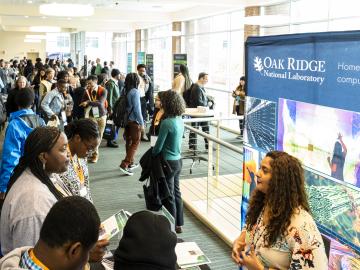
ORNL and the University of Tennessee, Knoxville, co-hosted the 2023 National Society of Black Physicists Annual Conference with the theme "Frontiers in Physics: From Quantum to Materials to the Cosmos.” As part of the three-day conference held near UT, attendees took a 30-mile trip to the ORNL campus for facility tours, science talks and workshops.
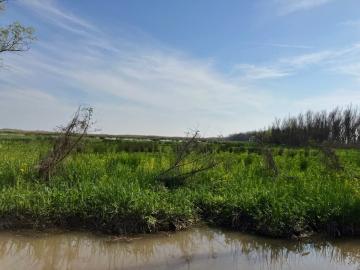
Scientists at the Department of Energy’s Oak Ridge National Laboratory are using a new modeling framework in conjunction with data collected from marshes in the Mississippi Delta to improve predictions of climate-warming methane and nitrous oxide.
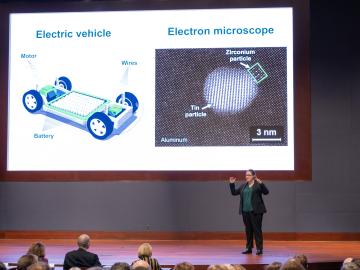
ORNL’s Janet Meier won the Energy Security category of the U.S. Department of Energy’s inaugural National Lab Research SLAM on Capitol Hill.
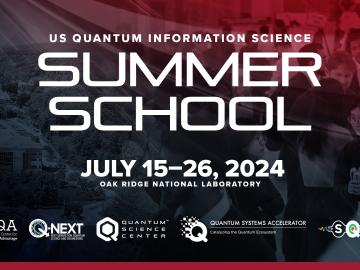
From July 15 to 26, 2024, the Department of Energy’s Oak Ridge National Laboratory will host the second U.S. Quantum Information Science, or QIS, Summer School.
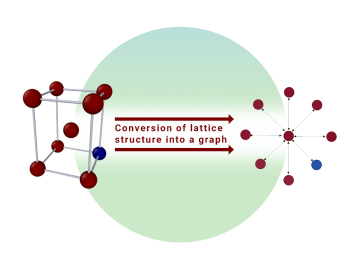
Researchers at the Department of Energy’s Oak Ridge and Lawrence Berkeley National Laboratories are evolving graph neural networks to scale on the nation’s most powerful computational resources, a necessary step in tackling today’s data-centric
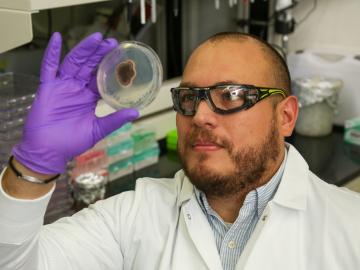
New computational framework speeds discovery of fungal metabolites, key to plant health and used in drug therapies and for other uses.
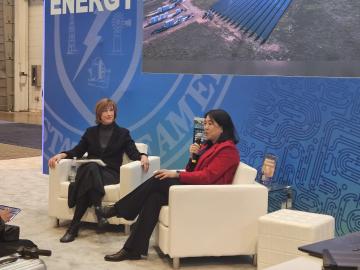
Technology Transfer staff from Department of Energy’s Oak Ridge National Laboratory attended the 2024 Consumer Electronics Show, or CES, in Las Vegas, Jan. 8–12.
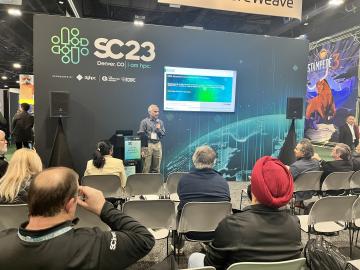
ORNL’s successes in QIS and its forward-looking strategy were recently recognized in the form of three funding awards that will help ensure the laboratory remains a leader in advancing quantum computers and networks.

Researchers demonstrated that stainless steel and other metal alloys coated with hexagonal boron nitride, or hBN, exhibit non-stick or low-friction qualities along with improved long-term protection against harsh corrosion and high-temperature.
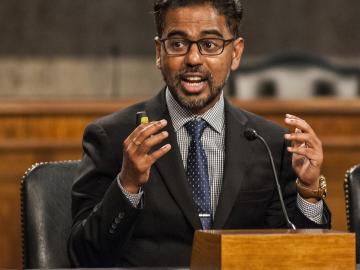
In summer 2023, ORNL's Prasanna Balaprakash was invited to speak at a roundtable discussion focused on the importance of academic artificial intelligence research and development hosted by the White House Office of Science and Technology Policy and the U.S. National Science Foundation.


